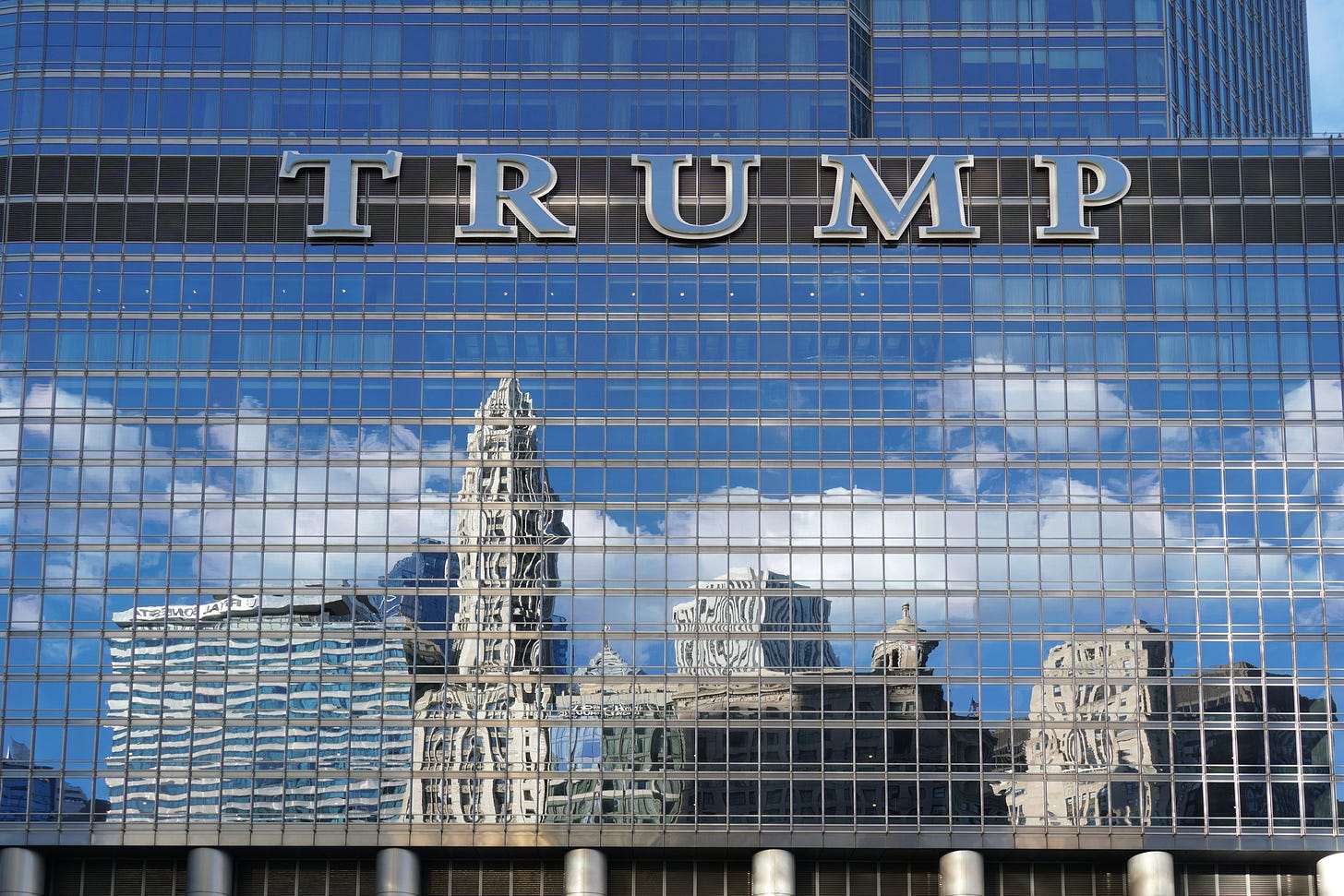The Enemies of Liberalism
A conversation with Francis Fukuyama about his latest book, "Liberalism and Its Discontents," and the danger of “men without chests.”
By Michael Judge
Like most people on the planet, I first heard of Francis Fukuyama with the 1992 arrival of The End of History and the Last Man, a rarity in the publishing world: a best-selling book by a RAND Corporation Soviet analyst with a PhD in political science from Harvard. His timing couldn’t have been better. The fall of the Berlin Wall in 1989 and the dissolution of the Soviet Union in late 1991 ushered in a new “post-Cold War” era with many in the U.S. claiming victory and debating how to divvy up the “peace dividend.”
As he explained in the introduction, the book stemmed from a 1989 article he wrote for The National Interest, in which he argued “that liberal democracy may constitute the ‘end point of mankind’s ideological evolution’ and the ‘final form of human government,’ and as such constituted the ‘end of history.’… While some present-day countries might fail to achieve stable liberal democr…
Keep reading with a 7-day free trial
Subscribe to The First Person with Michael Judge to keep reading this post and get 7 days of free access to the full post archives.

